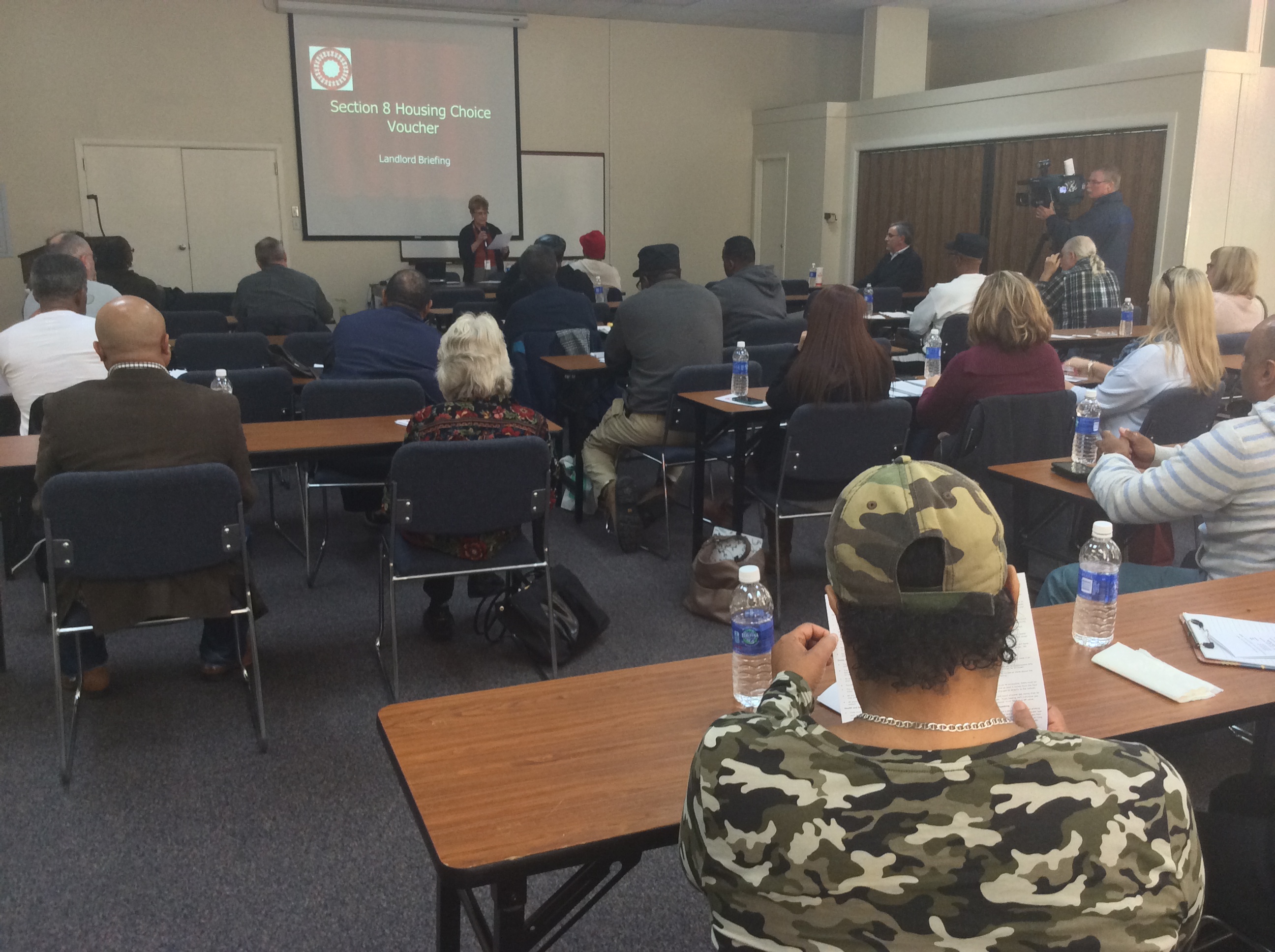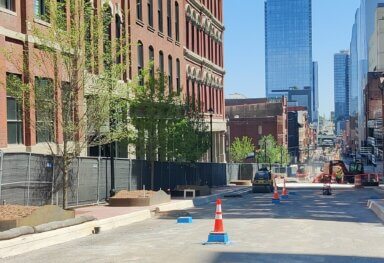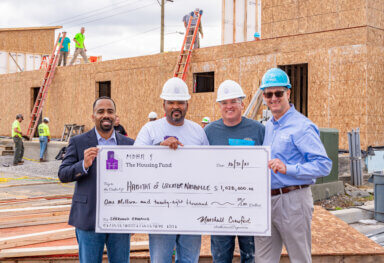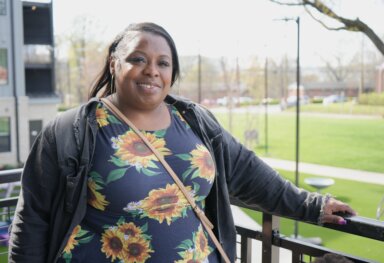Rental Rehab Program Used as an Incentive to Increase Affordable Housing
In an effort to meet the growing demand for affordable housing in Nashville, the Metropolitan Development and Housing Agency is seeking property owners interested in leasing their apartments, duplexes and houses to tenants with housing choice vouchers. MDHA will host a landlord meeting from 1 to 3 p.m. Dec. 12 at the Randee Rogers Training Center on Rosa Parks Boulevard to answer questions regarding Section 8 and its Rental Rehab program.
“There is a great need for affordable housing in Nashville. Providing housing for low-income families is what we strive for, and receiving some or in many cases all of the rent from MDHA is a benefit to landlords because the assistance from MDHA is deposited directly into their bank account each month,” said Director of Rental Assistance Norman Deep. “We are relying on owners having a compassion for our low-income families to make units available to them because the number of affordable housing units in Nashville has drastically dropped in the last couple of years and foreclosure moved a lot of people out of homeownership and into the rental market.”
Through Section 8 Housing Choice Vouchers, low-income families pay between 30 and 40 percent of their income, or a minimum of $50 towards their rent and utilities, and MDHA pays the landlord the difference. Qualifying Nashvillians make less than 50 percent of area median income, which equals $32,000 for a family of four and $22,400 for an individual. The program allows property owners to receive fair market value for their units and gives families a decent, affordable place to live.
MDHA administers 7,000 vouchers to 1,200 landlords throughout Davidson County, and the need is greater than ever before, Deep said, especially for units with proximity to services like Veterans Affairs, medical facilities and public transportation as well as units with accessibility features. There are more than 9,000 families on the Section 8 waiting list.
As an incentive for landlords to increase the amount of housing available to low-income families, MDHA offers a Rental Rehab program that allows property owners to rehabilitate substandard rental property and correct code violations with a 3 percent loan. The landlords then lease the units to families with incomes below 60 percent of area median income, which is equivalent to a family of four with an annual income of $38,400 or less.
Applications are open for the county-wide program on a first-come, first-served basis until funding is exhausted. To receive loans, property owners must agree to rent their renovated units at affordable rates for at least 10 years.
“This program is to help landlords meet housing quality standards and is a more financially feasible and streamlined process compared to obtaining a loan through a commercial lender,” said Director of Community Development Angela Hubbard. “We want to create safe, affordable housing by providing incentives to encourage landlords to bring units up to standards required to lease to Section 8 tenants.”
The program has aided Allison Dawkins, who has used its financing to rehabilitate his duplexes in Madison and on 24th Avenue.
“This was a complete rehab with new plumbing, electrical, roofing, flooring and bath fixtures. It supplied basic funding to do rehabilitation on units that otherwise wouldn’t be feasible for me to do with my own financing or private financing to get properties for where they need to be, and there are a lot of people in need of a decent place to stay, especially low-income people, the disabled and veterans,” he said. Dawkins, who accepts housing choice vouchers on 60 percent of his rental units, said the guaranteed payment of the Section 8 program also had made it easier for him to collect rent.
Property owners can learn other advantages to accepting the vouchers at the Dec. 12 meeting at which
Veterans Affairs Supportive Housing case managers and representatives from Tennessee Fair Housing Council also will be present. Landlords unable to attend the meeting can receive more information the Rental Rehab program and an application by calling (615) 252-8422.



